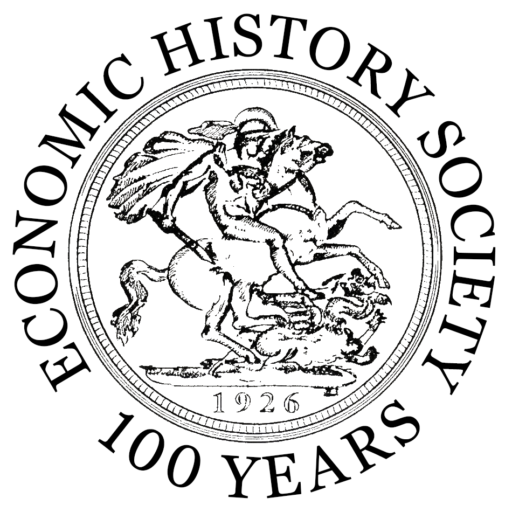Competition and payments to African chiefs on the Gold Coast during the slave trade, 1679‒1704
Log in to access the full article.
The manuscript records of the Royal African Company show that the Company paid African chiefs for access to trade along the caravan routes on the Gold Coast in the seventeenth century. This paper documents and examines these payments. Using an event study, I establish that after the Glorious Revolution in 1688 when the Company’s monopoly in trade over West Africa became uncertain, it resulted in greater competition from other English merchants, making the Company increase its payments to African chiefs whose cooperation was essential to deter other English merchants from competing with the Company. The highest-ranking chiefs received the highest value of payments per capita. Company records show that firearms (including gunpowder), alcohol, and an expensive type of cloth were the most sought-after types of payment, and head chiefs received most of these items.

